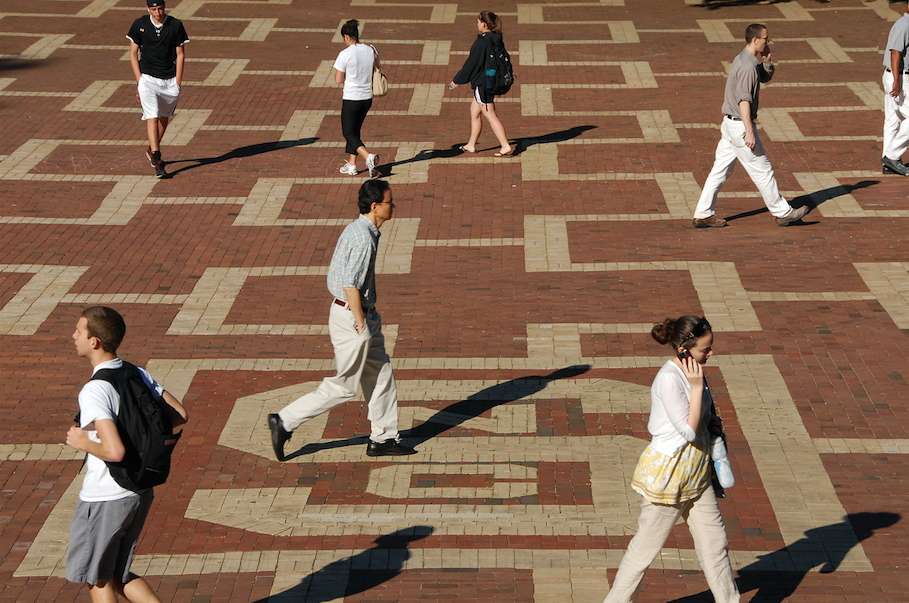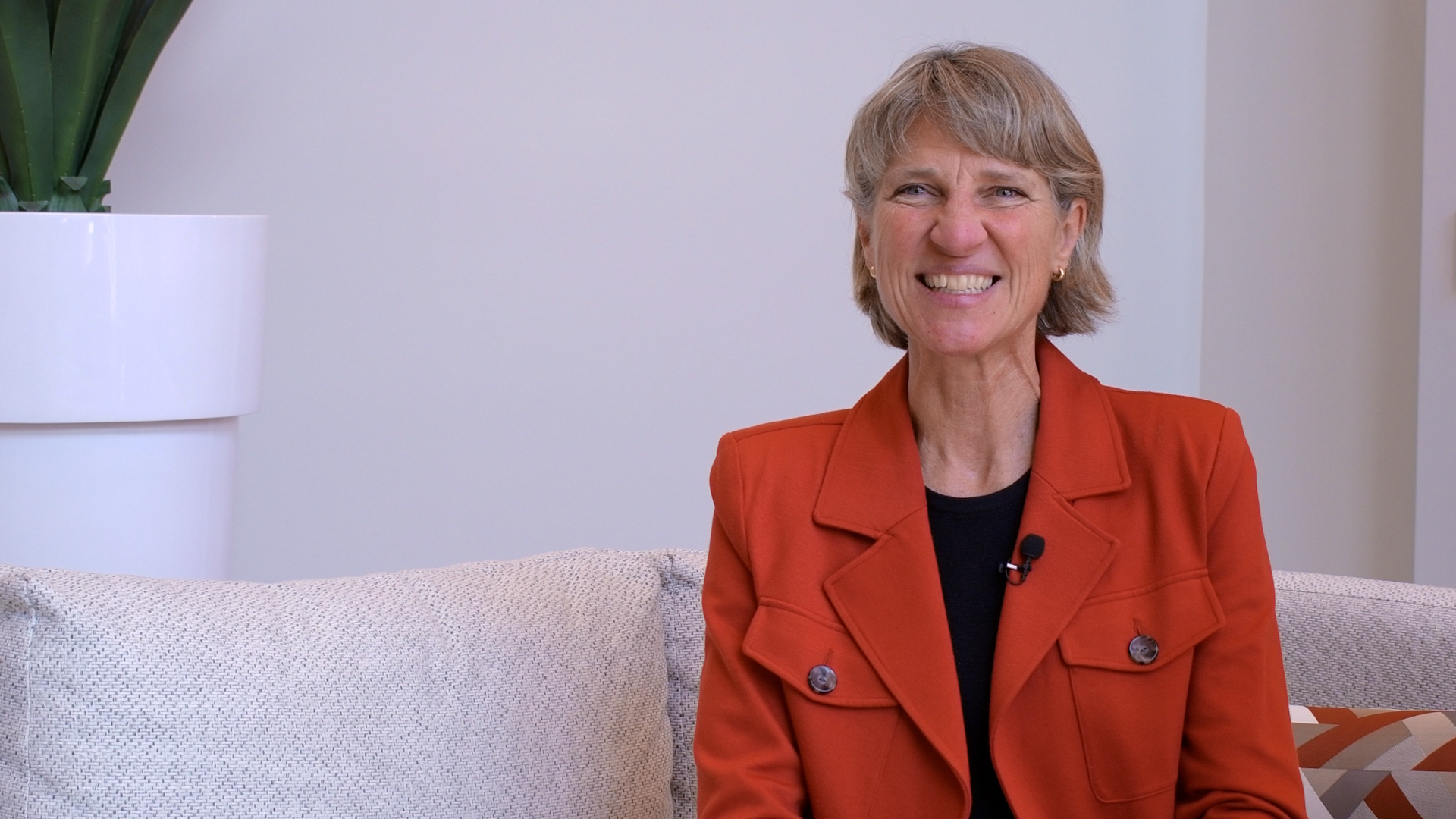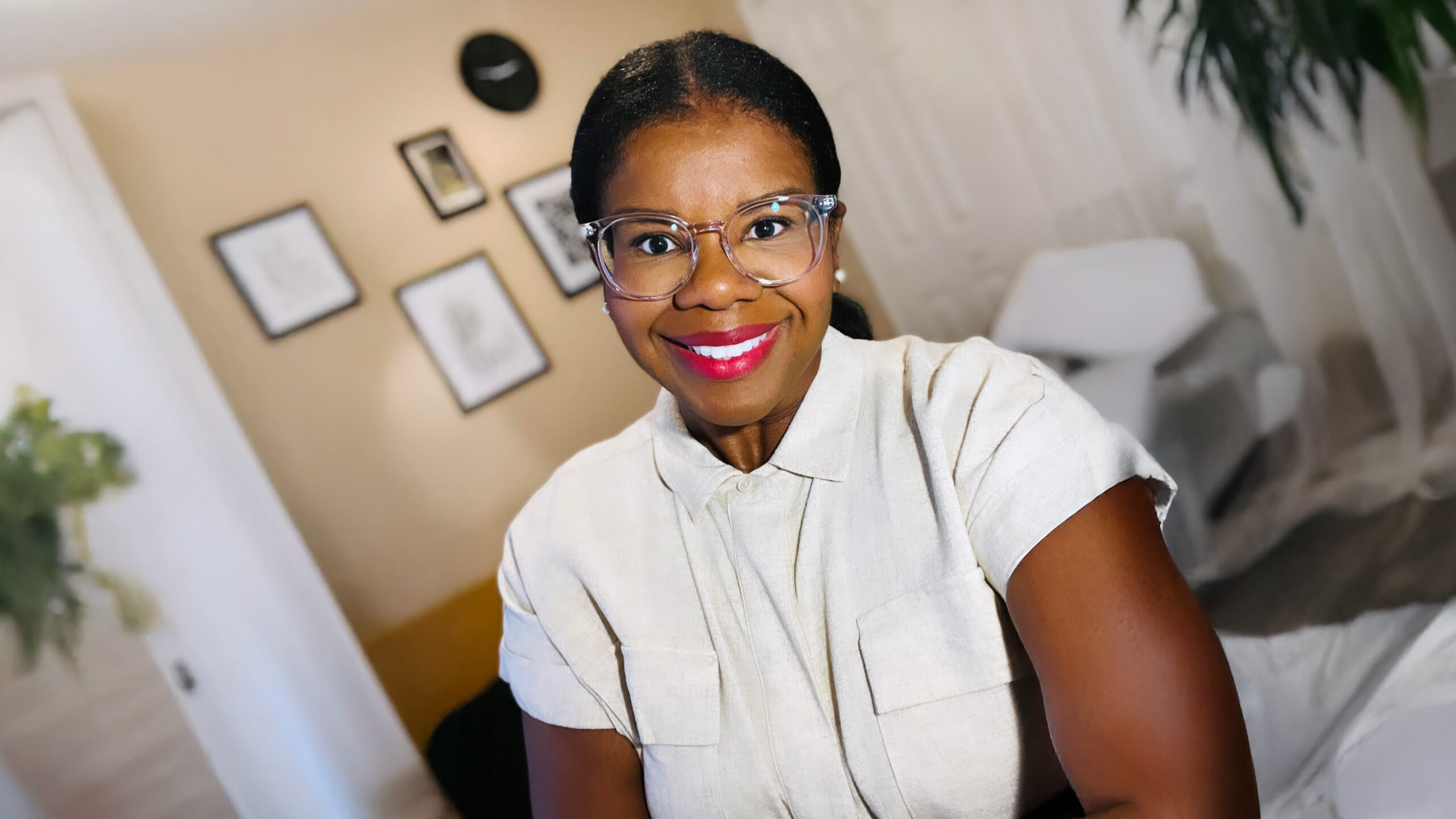Science, Technology, Engineering, and Mathematics Education Doctoral Student On the Reimagined Ph.D. Programs

Laila L. Thompson is a current Ph.D. student studying Mathematics Education in the Science, Technology, Engineering, and Mathematics Education (STEM Ed) department.
We sat down with Laila to talk more about her experiences at the College of Education and how STEM Ed’s Ph.D. programs have deepened her understanding of mathematical science and better prepared her to re-enter the field as a scholar-leader.
Why did you choose to get a doctoral degree in Mathematics Education at NC State?
NC State has a stellar reputation in research and innovation. This reputation, coupled with accounts from people in my inner circle, piqued my interest in obtaining a doctoral degree at NC State.
Several of my undergraduate and graduate school professors earned terminal degrees at NC State. Each of these professors exemplified exceptional attention to the discipline, study, and teaching of mathematics education. I was inspired by their work in and out of the classroom. After conversing with them, it was clear that their experiences at NC State made an indelible imprint on their professional identities and capacities.
What do you think is innovative about College of Education’s doctoral programs?
The College of Education’s doctoral programs are at the cutting edge of research, incorporating attention to research, problems of practice, and the integration and design of effective and dynamic technology tools.
Although there are required courses within each program of study, those pursuing degrees are encouraged to select courses that align with their personal and professional interests. There is not a “cookie-cutter” design to degree programs; rather, programs are “tailor-made”. Each of these structural features and foci better prepare the students for the inherent variability within the field of education, as a whole.
What has been your number one experience in the program thus far?
My top experience, thus far, has been attending the AERA 2015 Conference in Chicago.
NC State selected some of my peers and me to represent the university during the graduate school reception. This was an awesome experience because I was afforded the opportunity to network with students, professors, and researchers from across the globe. I made connections with students from the University of California Berkeley, Michigan State University, Clemson University, and the list goes on.
Since the conference, I have kept in contact with those that I met, fostering a community of sorts. The most noteworthy seminar that I attended was related to the face of educational research abroad. International models of educational research were presented by those conducting the research. I had an opportunity to hear their stories, rather than just reading about them from a manuscript.
How have your experiences been working with the faculty? Please elaborate on how you personally work with faculty in the classroom and beyond.
I have extremely positive experiences working with the faculty at NC State. Each faculty member has been helpful. I have been, and continue to be, nurtured and groomed by each faculty member.
Specifically, my advisor, Dr. Lee Stiff, has provided guidance on developing a trajectory for my coursework and career. He has shared his expertise on a variety of issues that range from minute to significant. He has informed me about the nuances of crafting letters and communique, in-class coaching for teachers, designing and conducting research in our field, and professional development initiatives. He has allowed me to co-author manuscripts, all while serving as my advisor and mentor.
The reimagined Ph.D. programs focus on experiential education. Can you please explain some of the experiential education opportunities you’ve been a part of during your time in the program?
I have had experiences working as a teaching assistant, supervisor for student teachers, and as a research assistant. As a teaching assistant for the introductory methods course in Mathematics Education, Dr. Karen Hollebrands helped me to become acclimated to the differences between teaching the discipline of mathematics and teaching how to teach others mathematics. Working with her was phenomenal.
I was also granted the opportunity to share some of my expertise and classroom experiences through my service as a supervisor for teacher candidates. Currently, I am working with Dr. Stiff on a grant that seeks to foster and cultivate conceptual teaching practices and collaborative learning of rigorous mathematics for elementary and middle grades teachers.
What would you tell a student who is planning to apply to one of College of Education’s doctoral programs?
I would tell a potential student to be prepared to have the experience of a lifetime. If accepted, he/she will carry a heavy workload. He/she will establish long-lasting relationships and friendships that will help support him/her during the journey. The road ahead will require countless hours of hard work and preparation, but the joys will outweigh the hardships.
Learn more about our reimagined doctoral programs and apply now.
- Categories:


